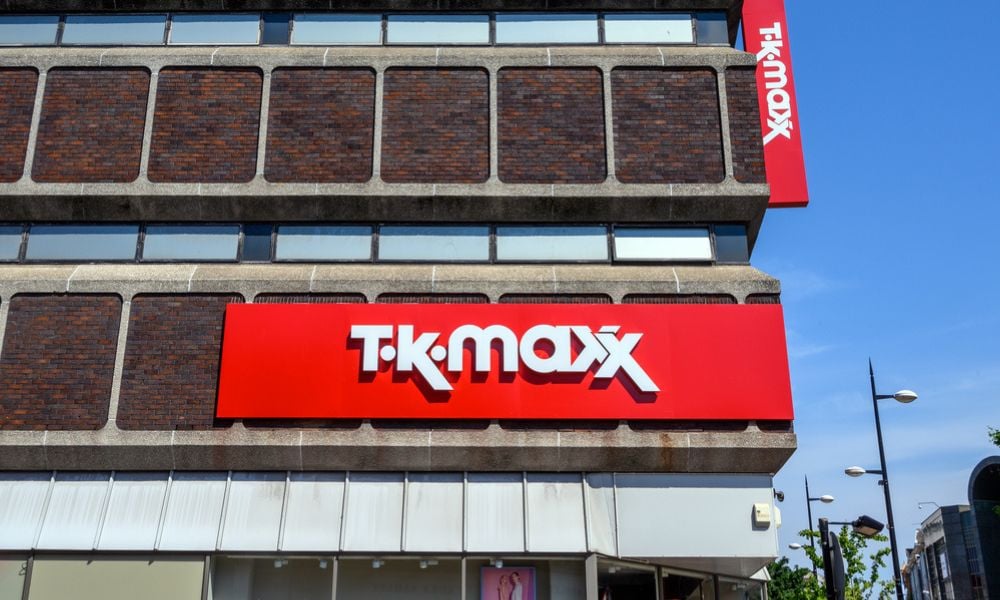SOURCING SKILLED workers in India to help alleviate the talent shortage has been a common solution for Australian companies, however many are now realising that India’s talent pool is not limitless, says Vishal Bakshi, head of HR Asia Pacific, HCL Technologies.
SOURCING SKILLED workers in India to help alleviate the talent shortage has been a common solution for Australian companies, however many are now realising that India’s talent pool is not limitless, says Vishal Bakshi, head of HR Asia Pacific, HCL Technologies.
Companies such as HCL, IBM and Accenture –who have huge development centres in India – are feeling a talent squeeze as the skilled workers become increasingly scarce.
“From a numbers perspective, one might not conclude there is a talent shortage in India. But from a capability perspective, yes, there is a talent shortage. So even though there are enough people available, they often do not have enough skills and capabilities,”said Bakshi.
HCL, which has 500 employees in Australia and New Zealand, has combated the shortage of skilled workers in Australia by deploying employees from India. However, with 55 per cent of their employees coming from India, they are now finding that the supply of skilled workers is not as plentiful as it was.
“The talent shortage exists in India as well and most of our HR programs are now geared towards addressing the shortage and building capabilities within the system,” he said.
One issue, according to Bakshi, is that while there are many qualified workers they often don’t possess the skills and capabilities necessary to deliver on client projects across the globe. One such problem area is technology. “Technology changes so fast, organisations constantly need to re-skill their people,” he said.
In terms of the global pooling of resources, he believes that eventually no boundaries will exist and companies will have to go wherever the talent pool is available.
“I believe, at the end of the day, the external labour market and the business you are in will eventually define the type of workforce strategy you need to have in place. For example if I find there is a skill shortage, and someone is not available in India, but they are in China– I will go to China,” he said.
HCL’s attrition rates are the most competitive in the Indian market, and below 6 per cent in Australia and New Zealand. They have sought to combat the skills shortage by opening up development centres in China, Singapore and Melbourne. However, at the end of the day, Bakshi believes, the companies who succeed will depend on their actual people strategies and not particularly where they source their workers.
“I think the war for talent will continue and the organisations that will do really well will not be the ones who can pay more money or benefits …Organisations who will succeed eventually in retaining the best of the best will provide a compelling value proposition to an employee to engage him or her to work for the organisation,” he said.








